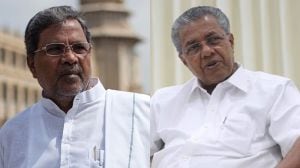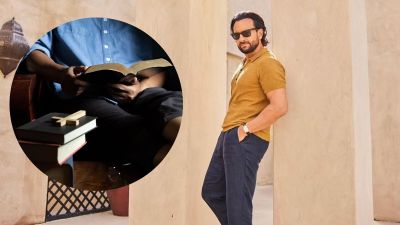Stay updated with the latest - Click here to follow us on Instagram
Panel rejects changes in juvenile Act
Refuses provision to treat minors aged 16-18 accused of heinous crimes as adults.
The Parliamentary Standing Committee for HRD has rejected a provisions in the proposed Juvenile Justice (Care and Protection of Children) Bill, 2014, to try juveniles in the 16-18 years age group accused of heinous crimes under the adult justice system.
The committee after extensive deliberations with stakeholders, including NGOs, and consideration of data from the National Crime Records Bureau concluded that the “existing juvenile system is not only reformative and rehabilitative in nature but also recognises the fact that 16-18 years is an extremely sensitive and critical age requiring greater protection. Hence there is no need to subject them to different or adult judicial system as it will go against articles 14 and 15(3) of the Constitution.” The committee asked the government to review the provision.
The report of the committee comprising among others health minister J P Nadda and BJP MP Satyanarayan Jatiya was submitted in Parliament on Wednesday.
[related-post]
Article 14 of the Constitution obligates the state not to deny any person equality before law or equal protection of laws within the territory of India. However, Article 15(3) permits the state to enact special laws for the protection of children.
The report comes as a blow to the WCD ministry’s plans to bring in provisions for treating 16-18 year olds accused of heinous offences at par with adults provided the Juvenile Justice Board is is convinced that the offender committed to offence with full understanding of its consequences. The JJB, according to the bill, can then rule that the child should be tried under regular criminal laws.
The demand for making these changes in the JJ Act gained momentum in the wake of the December 16, 2012, Delhi gangrape case when one of the five perpetrators was six months short of adulthood and therefore could not be tried as an adult. Child Rights activists have been opposed to the provision from the very beginning.
“The proposed legislation is meant for children alleged and found to be in conflict with law. And the definition of both the term ‘child’ and ‘child in conflict with law’ means a person who has not completed 18 years of age. Accordingly the question of envisaging a differential treatment for children above 16 years of age should not arise,” the committee said.







